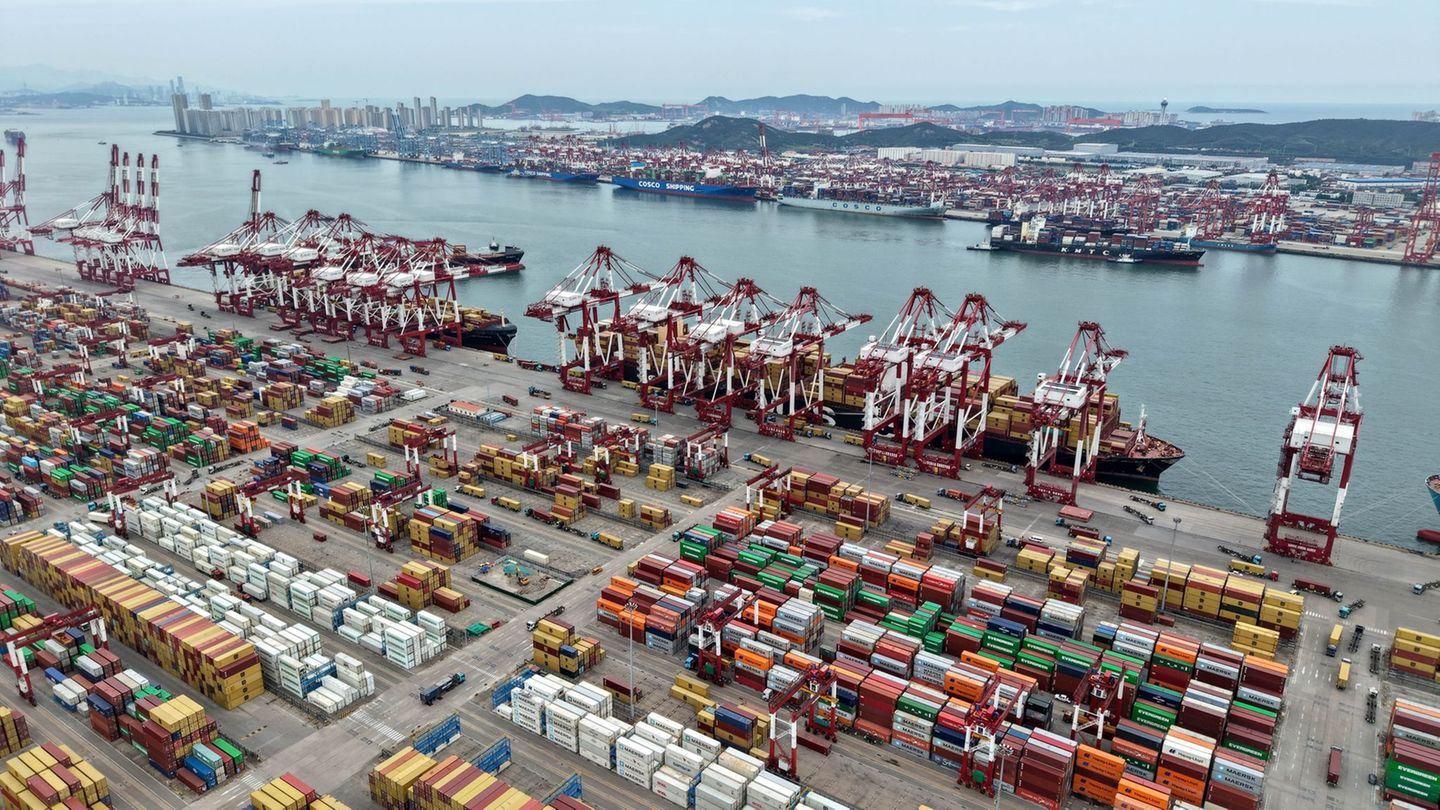The global hunger crisis continues to escalate. Before the summit, development organizations call on the G7 to take immediate action and help people in need.
Conflict, climate change and inflation have pushed the world’s hunger levels to their highest levels in a long time.
Ahead of the G7 summit in Hiroshima, Japan, development organizations called on the seven rich industrialized countries (G7) to provide sufficient emergency aid to save people from starvation. “The G7 must finally act decisively,” demanded Dirk Bathe from World Vision. “Any further hesitation costs millions of lives.”
In its most recent progress report, the G7 group itself rates its efforts to curb hunger and food security as “inadequate”, emphasized World Vision ahead of the meeting of heads of state and government from Friday to Sunday. “As a result of inflation, increasing global climate shocks and conflicts – as is currently the case in Sudan – the numbers of starving and malnourished are increasing exorbitantly,” Bathe warned.
“Global hunger crisis has reached unprecedented proportions”
The Global Report on Food Crises 2023 estimates that over a quarter billion people are acutely food insecure and in urgent need of food assistance. This is the highest level in seven years. Oxfam complained that initiatives against hunger were launched at the G7 summits in the past two years, but they were not filled with life.
“There is enough money,” said Oxfam’s Jörn Kalinski. “The fortunes of billionaires in the food and agriculture sector have increased by $380 billion since 2020.” Companies that produce artificial fertilizers have also increased their profits tenfold over the past year. “The global hunger crisis has reached unprecedented proportions,” said Friederike Röder of Global Citizen. “The G7 leaders have the power to save millions of lives.” It is time to act immediately.
The Russian war of aggression in Ukraine is driving up food and fertilizer prices. 30 percent of the grain available on the world market comes from Russia and Ukraine. World Vision warned that the countries of West and Central Africa were facing the worst food crisis in ten years. The crisis is spreading to the coastal countries. In the conflict-ridden Sudan, a third of the population is threatened by food shortages. In Burkina Faso and Mali, too, a possible catastrophe is looming by the summer.
Source: Stern
I have been working in the news industry for over 6 years, first as a reporter and now as an editor. I have covered politics extensively, and my work has appeared in major newspapers and online news outlets around the world. In addition to my writing, I also contribute regularly to 24 Hours World.




